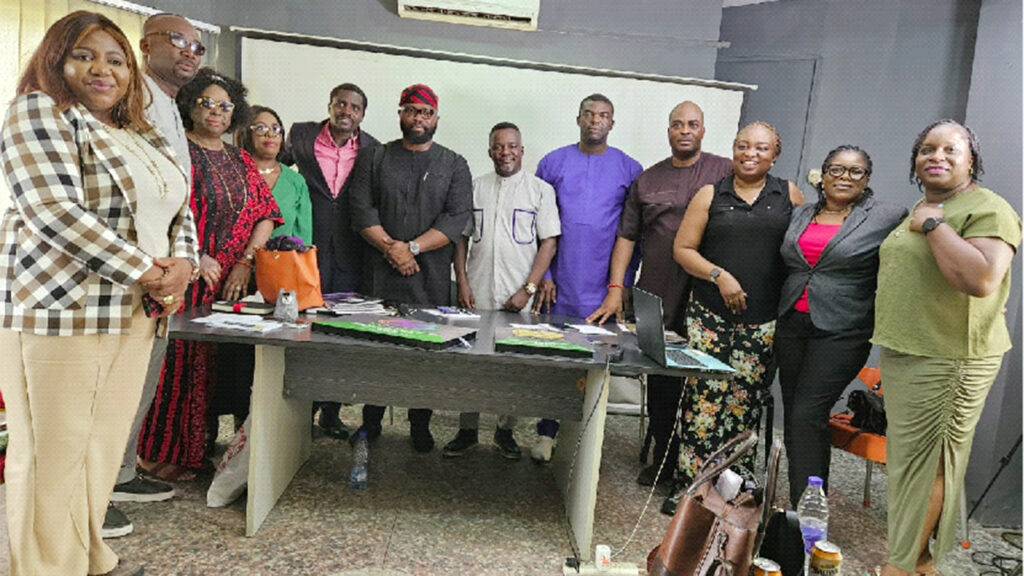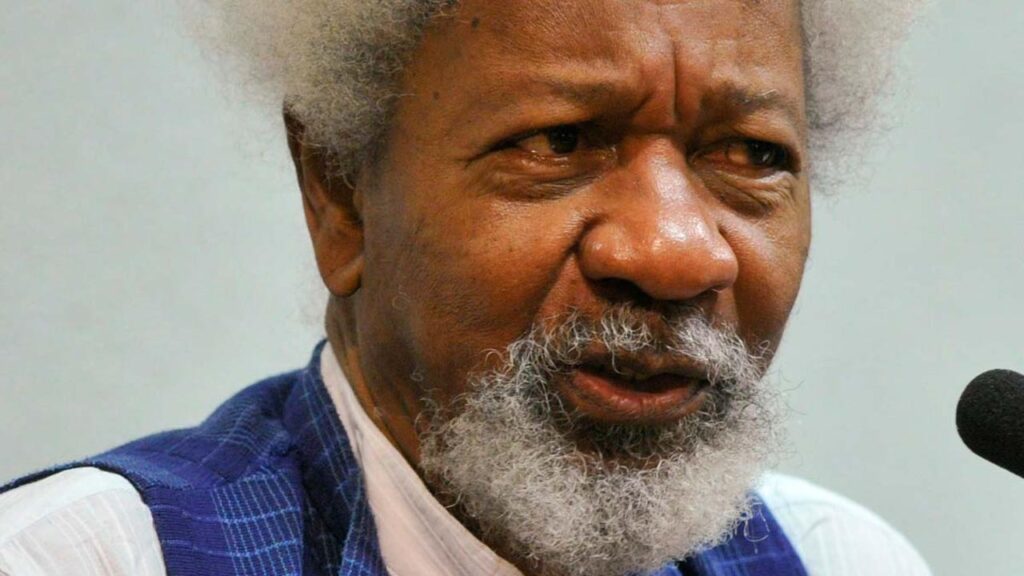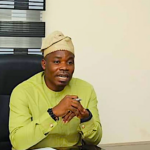The Director General of the National Automotive Design and Development Council (NADDC), Joseph Osanipin, said Nigeria can produce 30 per cent content on electric vehicles (EV), stressing that the most important part of EV is the battery.
Osanipin said if Nigeria could produce the battery, the country would be able to export to other African countries and the entire value chain. He stated this in an interview in Lagos on the sideline of the awards ceremony of the Nigeria Auto Journalists Association (NAJA).
According to him, Nigeria must start seeing itself as a self-sustaining nation, saying the country does not need to import components used for making vehicles. He said: “There are little things like glass, why are we importing glass? Windscreen and mirror why are we importing them, we can do all this, just give people in charge of glass the size and they will cut it, all these little things, let’s all start putting them together and be intentional about it that we have made up our mind that everyone seat in every car in Nigeria must come from Nigeria made. Every glass used by vehicles in Nigeria must be Nigeria and plastic and bumper also.
“The assembler must determine that we need to support the little companies not as big as Toyota, Jet Motors, and so on but some and little companies that are doing their things in their small ways. They are a critical part of the sector and system, so we need to encourage them not only the government but everyone in the sector.” Osanipin said part of the things he holds dearly is the development of local components.
“By the time you develop components, you are gradually increasing your local content. For you to benefit and have a regional advantage, you need to increase your local content and components to 40 per cent but if you look at it, there are so many things that we ignore, if we can start taking interest in it,” he said.
Speaking on the auto policy, he said: “Auto policy is in place but it is only that we have not made it an Act but it takes a process and we have started the process and I know the process is ongoing we are working with all the stakeholders not only the government.
“The current state of which you are aware, less than three weeks ago, we did an engagement with stakeholders where we tried to run the stakeholders through the vital points in the policy.”
Osanipin said the policy has been signed by the former president but again there are so many implementation plans listed in the policy that the agency is taking one after the other.
He said there are lots of agencies of government involved in the implementation process of the policy, saying “Customs will play a role, Ministry of Finance will play a role; Standards Organisation of Nigeria (SON) will play a role and every agency that is involved in the implementation will be on the same page concerning the implementation so after that, we move to the next segment. Don’t forget that what the policy entails is that we are going to ensure that the policy becomes an Act.”












